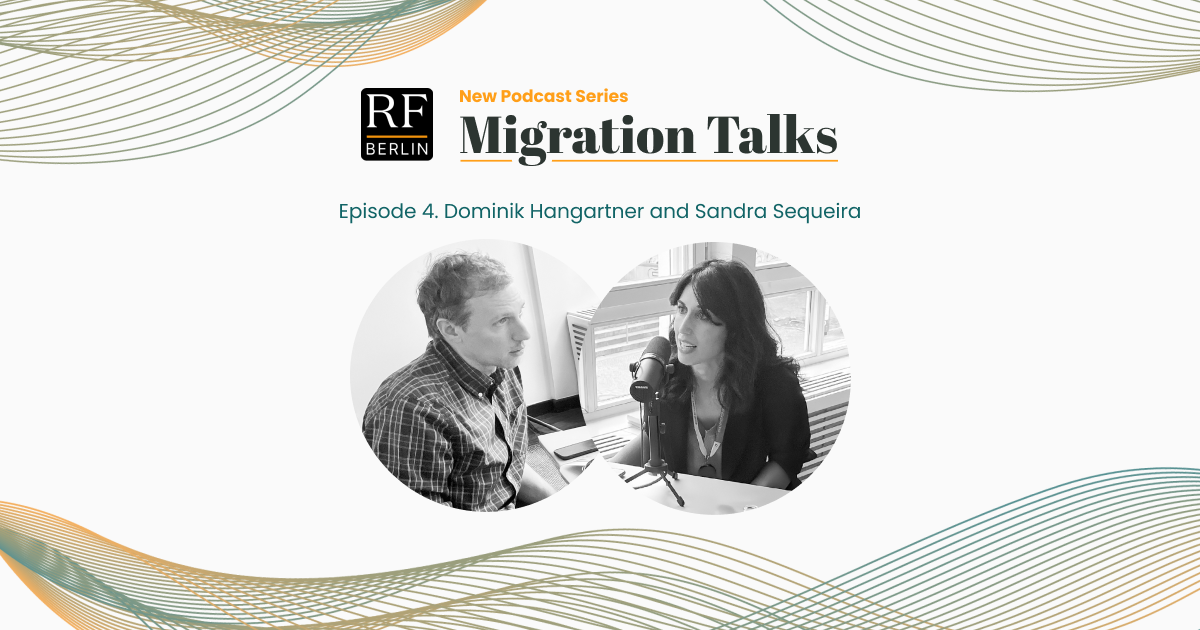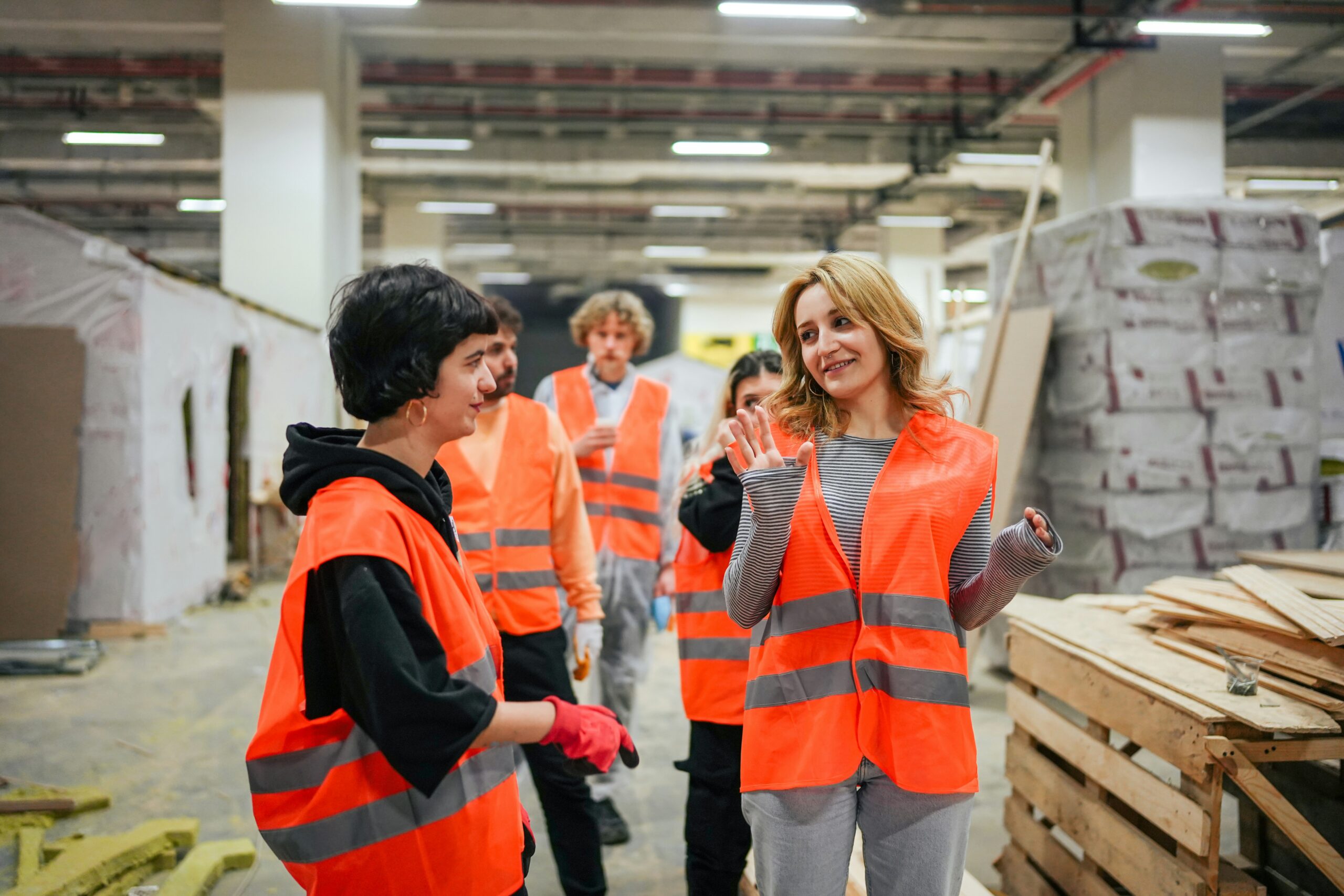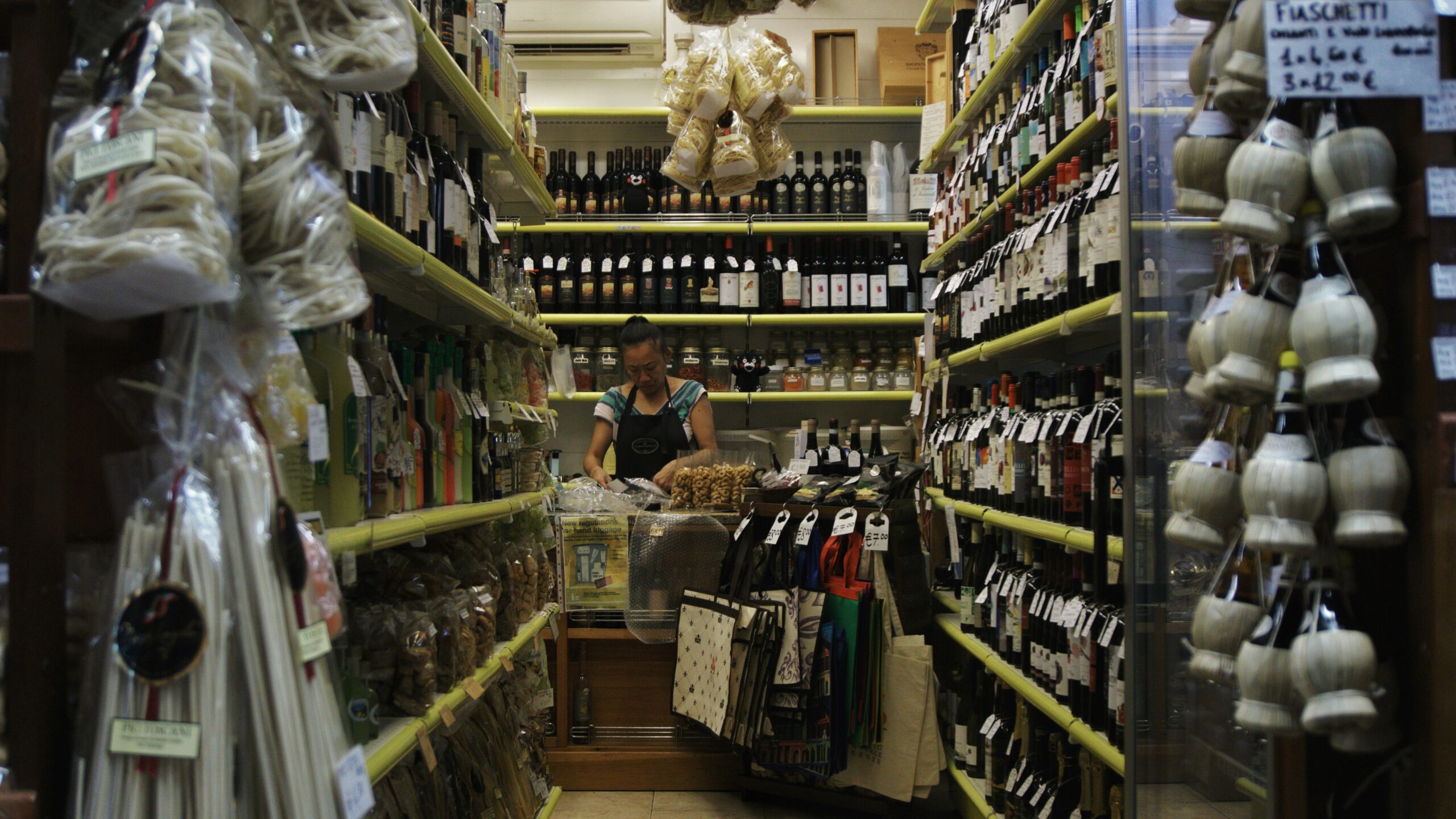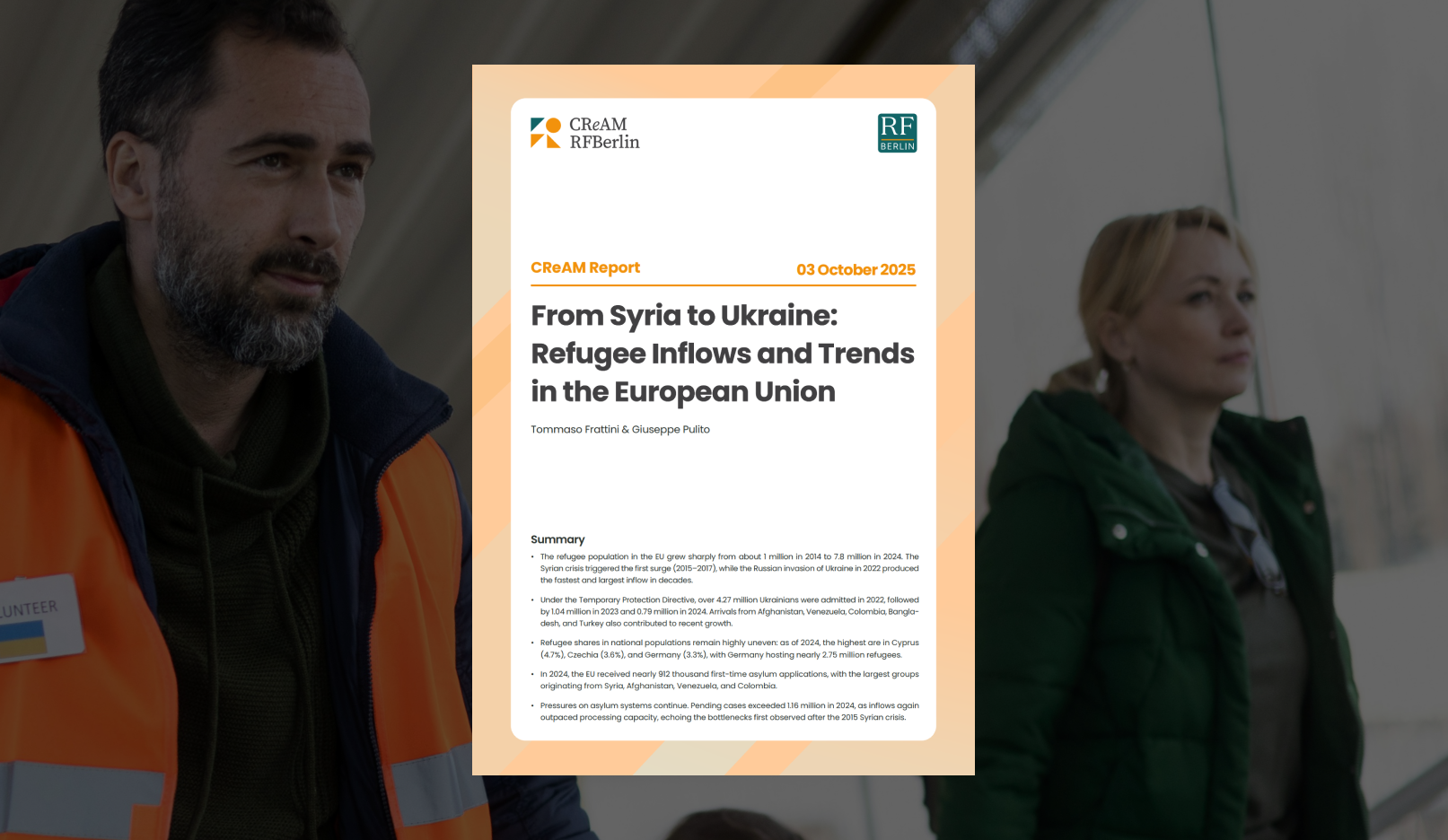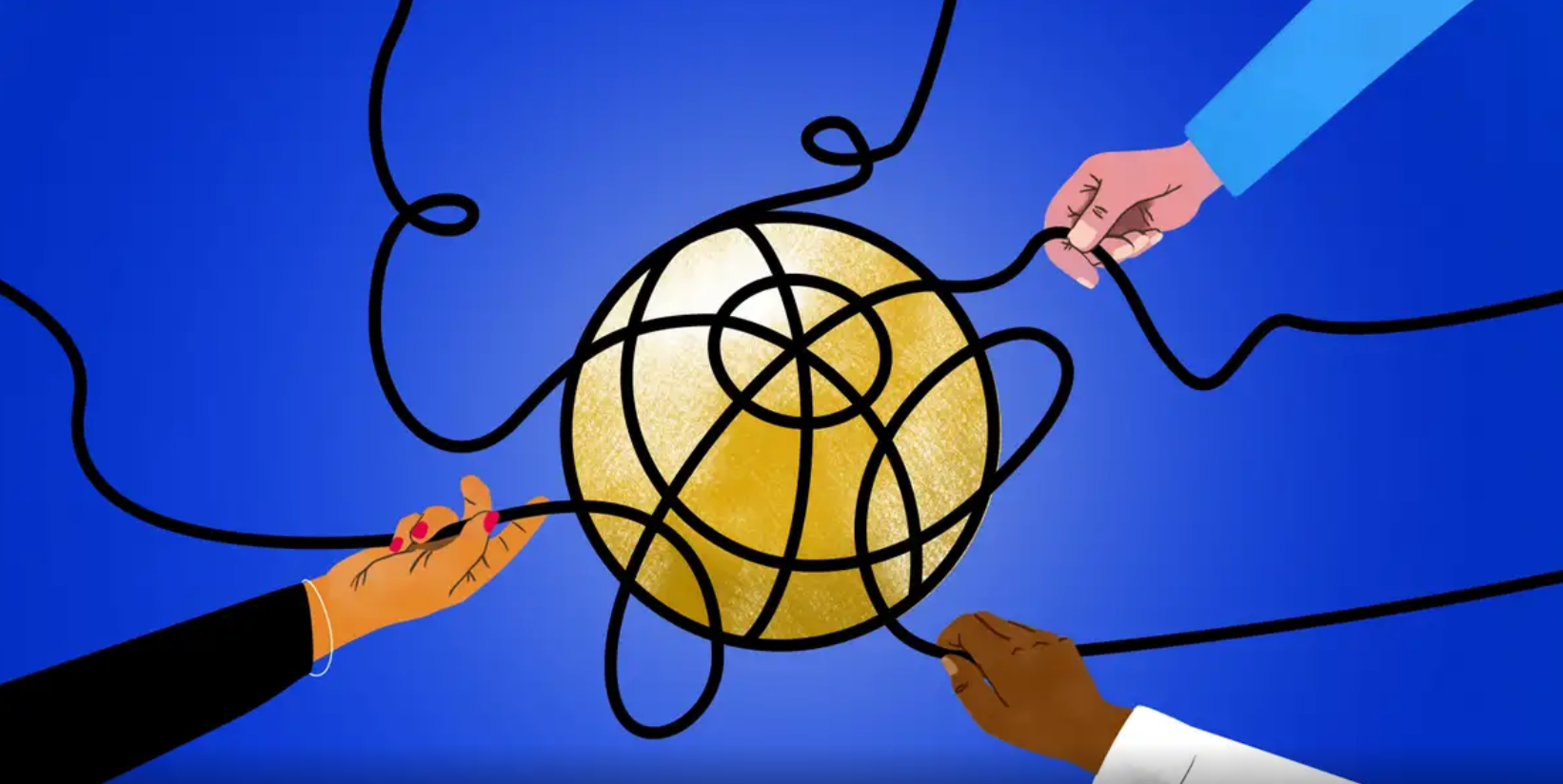In this episode of Migration Talks, researchers Sandra Sequeira (London School of Economics) and Dominik Hangartner (ETH Zurich) take us into two very different contexts with surprising parallels. From post-conflict displacement in Mozambique to internal migration policies in post-war Finland, in conversation they explore what drives people to move, and what happens when that movement is shaped less by choice than by circumstance.
Also available on these podcast platforms:
Sandra Sequeira explains how displacement affects not just where people go, but how they rebuild their lives afterward:
“So we think it’s not just a disruption of being pushed out of your home, but it’s really the place you end up in that is going to determine your decision to invest in education or not.”“We try to measure all of this today with a survey of individuals who were displaced during the war in Mozambique, and we find also that they have far lower levels of mental health. So they have higher anxiety, more loneliness, even though presumably they move to a city, to a better place. They are employed, acquired more education, have higher pay, but that these mental costs, psychological costs are still quite significant. “
But what do Finland and Mozambique have in common? Dominik Hangartner elaborates:
“… in many ways the effects on education resonate with what Sandra just talked about. So similar to the sample case, what we find is that the sons of the displaced have higher education, which in Finland means more likely to complete, university education or some other upper secondary degree and less likely to, just complete their vocational training.”
“And so I think that has real, direct implications for how today we in European countries design of resettlement policies, because in the countries where we work, including Switzerland, Germany and Denmark, refugees typically are assigned to a particular municipality. That’s where they have to live, and that’s where they have to work. The Finnish example shows that even if you try to match these resettlement areas to people’s preferences, there still a lot to be gained from giving them the freedom to move. “
Resources mentioned in the episode:
NBER Working Paper: Forced Displacement and Human Capital: Evidence from Separated Siblings, by Giorgio Chiovelli, Stelios Michalopoulos, Elias Papaioannou, and Sandra Sequeira
The Intergenerational Effects of Forced Migration on Human Capital and Personality Traits, by Dominik Hangartner et al.
